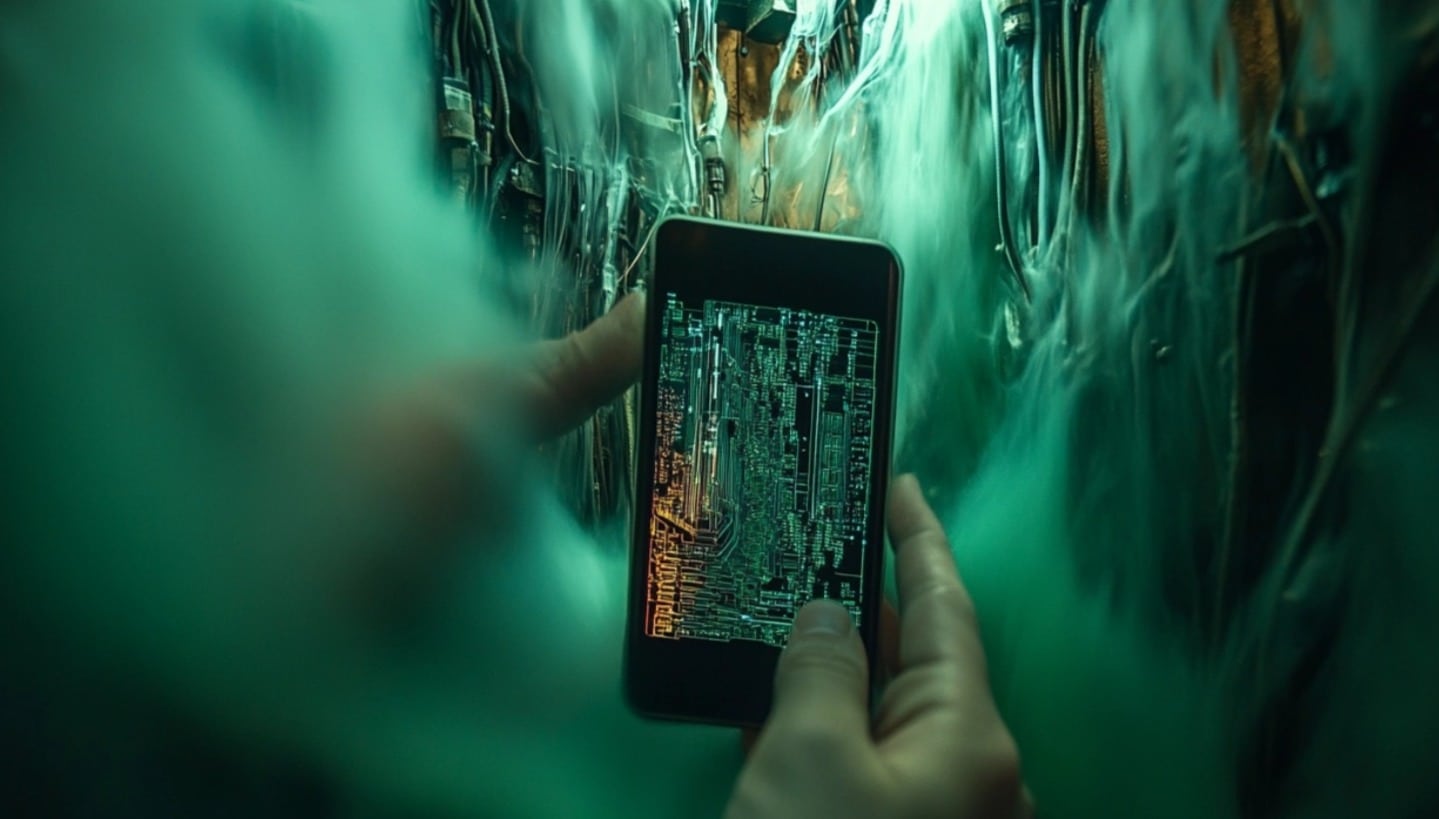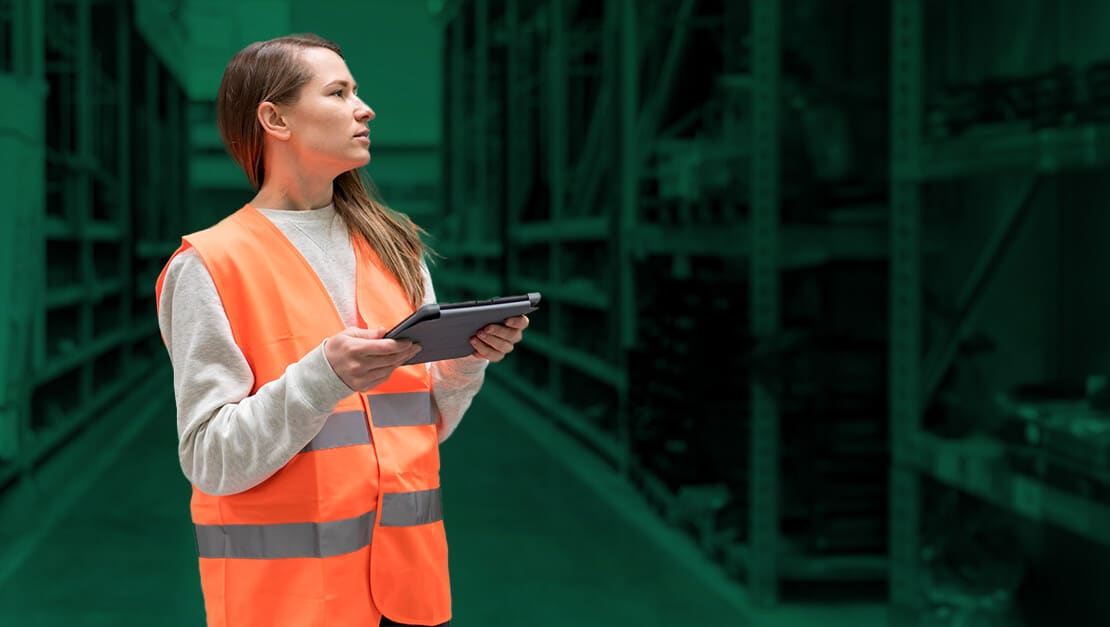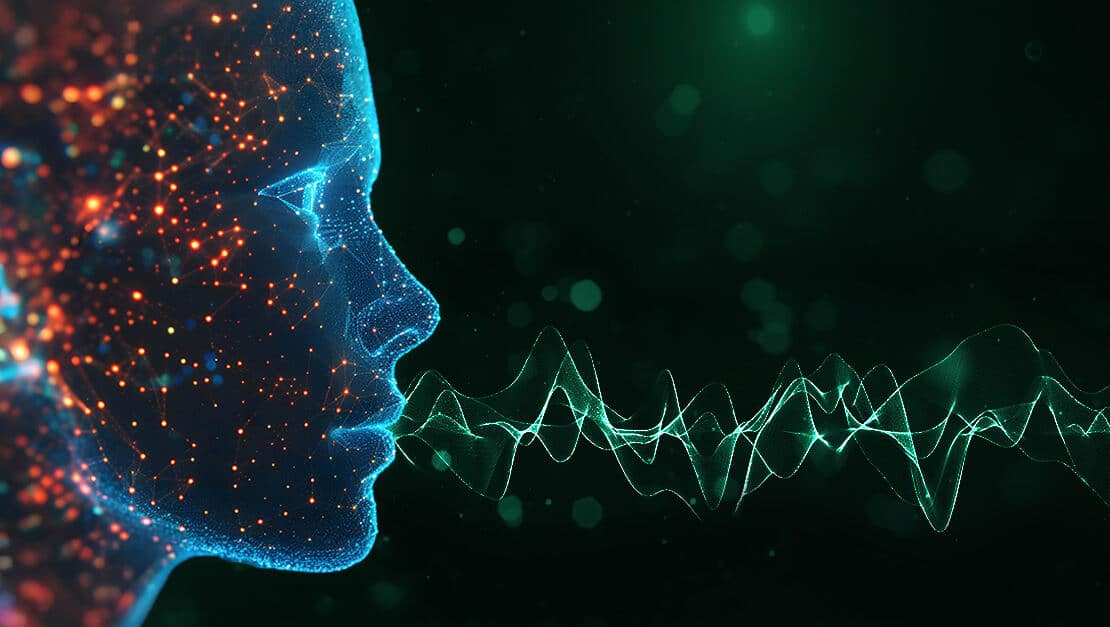The Coca-Cola bottle isn’t the only thing that’s evolved over the years. Today, AI is transforming the beverage industry in ways we couldn’t have imagined just a few years ago. From optimized production lines to influencing marketing and product development, AI is helping beverage companies remain competitive in a quick-paced market.
That said, while AI technology brings with it many benefits, it’s also important to look at how it affects employees. The role of humans in the workforce is shifting, but that’s not necessarily a bad thing. With AI in charge of monotonous manual tasks, employees can focus more on strategic and creative roles.
This post will look at AI in the beverage industry and how this technology is changing how the field operates. We’ll also look at how specific types of AI, like aiOla’s speech AI, are creating opportunities for employees to grow and learn new skills.
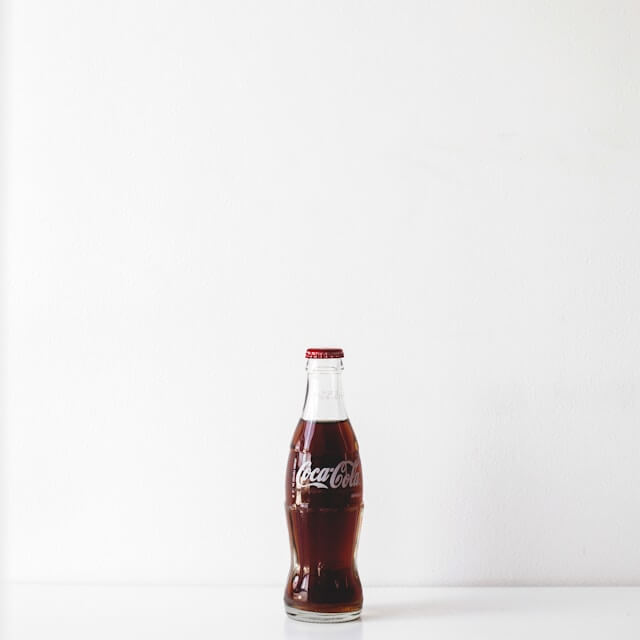
AI-led Automation in Beverage Production
In beverage production, automated machines and robotics are making manufacturing processes run smoother, taking over repetitive tasks from employees like bottling and packaging. This cuts out the need for many manual labor hours, allowing companies to speed up the production of their drinks while giving efficiency a boost. It’s a win-win: employees don’t have to do the heavy lifting so they can spend more time on creative or complex tasks.
In terms of quality control, AI-powered sensors along with other technologies like computer vision and the Internet of Things (IoT) devices are making a big difference. These technologies can spot even the smallest defect such as faulty bottles or missing labels. With these systems in place, employees can spend less time inspecting products and instead oversee the technology to make sure everything is running smoothly. Not only does this improve quality assurance, but it also opens up opportunities for employees to work more closely with cutting-edge technology.
AI in Beverage Industry Supply Chain Management
Production isn’t the only way AI is making a change in the beverage industry. In logistics and supply chain management, companies are using predictive analytics to forecast demand. This can be done by looking at factors like seasonal patterns and sales data. Predictive analytics helps companies decrease the chances of inventory issues like overstock or running out of products. In the long run, this also helps companies save on costs by reducing wasteful inventory habits.
Logistics in the food and beverage industry has shifted to look at the delivery process holistically instead of just a way of getting products from point A to point B. AI is making things easier by optimizing deliveries. AI systems can analyze traffic, fuel costs, weather, and other elements and plan the quickest and most cost-effective route. For the customer, this means getting their deliveries faster and cheaper. For employees, this change means they can spend less time manually planning delivery routes and instead focus on handling unexpected situations.
AI-Powered Product Development
The beverage industry is also using AI to develop new products. With data-driven insights, AI systems can analyze consumer trends more accurately from sources like social media, sales, and reviews. This makes it easier to understand what customers want in a brand’s products, helping R&D teams hone in on innovative products while AI handles the data analysis.
Additionally, AI technologies can be used to speed up product development in the testing phase. Running tests can be a long and resource-intensive process, but AI can be used to simulate different scenarios much quicker, helping employees test new products more efficiently. This new process can help companies release new products quicker to keep them ahead of the competition while also offering employees the opportunity to learn new skills related to working with AI tools and interpreting the data.
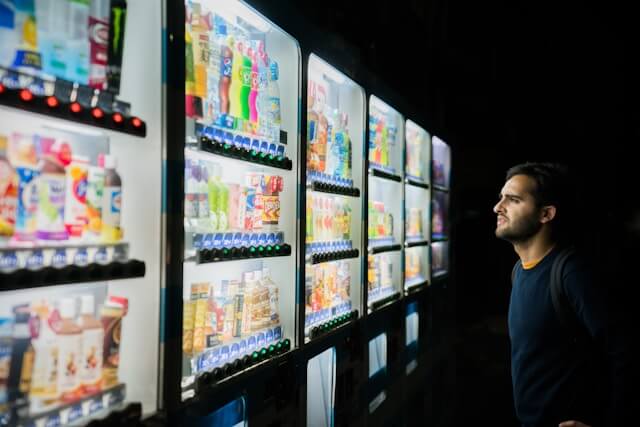
AI in Beverage Marketing and Sales
Companies will be able to create more targeted marketing campaigns and strategies thanks to AI. Studies show that employees spend 12% of their time searching for data. With AI, a lot of data searches can be automated, saving companies time and money. With its ability to analyze customer behavior and preferences, AI can help companies by creating more precise market segments so that brands can reach the right audiences. This can lead to a shift in marketing roles where employees will be responsible for interpreting AI data and applying findings to strategies based on the insights.
When it comes to sales forecasting, AI also has an impact. With advanced predictive analytics, sales teams can create smarter strategies by predicting upcoming trends. This can change the way sales teams work since they’ll be able to plan more confidently while making sure inventory is accurate. This also means that employees don’t have to worry as much about anticipating future sales but instead work more strategically to close high-level deals.
The Impact of Speech AI in the Beverage Industry
Speech AI relies on technologies like machine learning (ML) and natural language processing (NLP) to understand human speech. Many businesses today rely on speech AI systems for things like virtual assistants, customer service, transcription, automating meeting notes, and creating documentation. In the beverage industry, there are a few ways speech AI can make a real difference.
Speech AI can be used to improve internal communication by automating tasks like note-taking and real-time transcription. For example, if your team is focused on discussing new products, speech AI can take notes while team members continue their meeting undisturbed, allowing them to focus on more creative tasks.
Training programs can include speech AI technology for voice-driven interactive modules. This can make the learning process more engaging. Additionally, it can simplify onboarding with guided voice tutorials and answering questions in real time. Imagine having a new hire ask questions vocally to a speech AI platform when they’re stuck on a task. This would help both educate new employees and prevent disruptions to other workers.
AI in the Beverage Industry: Real-world Applications
Companies have been using AI in the beverage industry for different reasons, from personalization to coming up with new flavor ideas. Here’s how two beverage giants, Coca-Cola and Starbucks, use AI today.
Coca-Cola’s Y3000 Flavor
Coca-Cola uses AI to analyze customer preferences and develop new flavors. The brand did this already years ago with Cherry Sprite and has recently introduced an entirely AI-generated special edition flavor, Coca-Cola Y3000. The campaign surrounding this product includes interactive features through a QR code on the can that leads customers to a site where they can play around with scenarios of what the world will look like in the future.
Starbucks’ AI-Powered Rewards
Coffee giant, Starbucks, has a lucrative rewards program that fosters customer loyalty. The coffee company is using AI to gather insights into what their customers like and offer tailored rewards based on personal preferences. Through its AI platform, Deep Brew, Starbucks is able to personalize customer interactions, marketing efforts, and product recommendations for a more engaging experience from start to finish.
aiOla’s: Helping Beverage Industry Companies Transition to AI
While we’ve seen how there are countless benefits to using AI in the beverage industry, in practice, adopting these new technologies isn’t as easy as it seems. There are a lot of factors to take into consideration, like training, implementation costs, and how well these advanced technologies will blend with existing ones. However, certain types of systems can take the hurdles out of this shift towards AI, such as aiOla.
aiOla is a speech AI technology that helps companies harness the power of voice to complete manual operations and harness critical data. When companies use aiOla, they don’t need to train employees extensively since all they need to do is speak naturally for the technology to work. This means there is no long onboarding time and aiOla can get to work almost instantly in making a difference in your workflows.
Beverage companies can use aiOla to help them complete different tasks, such as:
- Quick vocal inspections that replace manual ones or long paper checklists
- Data collection to help streamline manufacturing, development, and insight-gathering
- Inventory management through vocally reporting stock levels and information
- Food safety monitoring done entire through voice for more accurate reporting
aiOla understands over 100 languages including different accents, dialects, and industry jargon. That means that if your team is spread over different international locations, data can still be centralized to help your company identify trends and opportunities for improvement.
So Close You Could Taste It: The Future of AI Is Here
In the not-so-distant future, we can expect to see AI taking the lead in the beverage industry, changing traditional work structure and helping employees learn new skills while focusing on more creative and complex tasks. Thanks to technologies like aiOla, beverage companies can use speech AI to work safer, quicker, and more efficiently while gathering the data they need to make important decisions that will help their products stand out.




